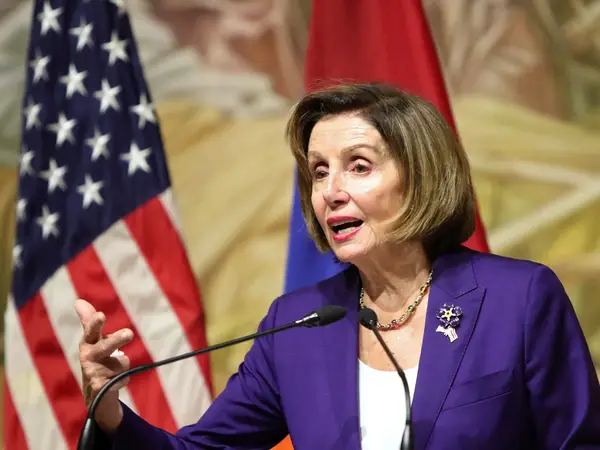Iran's foreign ministry reiterated Monday that only political solutions can resolve the conflict between Armenia and Azerbaijan, its northwestern neighbors.
"We believe in the necessity of using political approaches and solutions to end conflicts and reduce tension and political dialogues to resolve the differences between the two countries," the ministry’s spokesman Nasser Kanaani told reporters at his weekly press briefing in Tehran.
Kanaani said Iran did not spare any efforts to help end the conflict after border clashes broke out between its northwestern neighbors Tuesday and said the Iranian president spoke with Armenian Prime Minister Nicole Pashinyan while foreign minister Hossein Amir-Abdollahian held a phone conversation with his Azerbaijani counterpart to resolve the situation.
“Escalation of tensions and instability in South Caucasus will not serve the interests of any of the involved and neighboring countries. What can solve the crisis is dialogue between the two countries and the use of regional capacities to stabilize the region," he added while stressing that Tehran considers any other approach “provocative”.
Iran has to an extent supported Armenia in the conflict with Azerbaijan and has warned that it would not allow any seizure of territory from Armenia proper by Baku. Tehran in the past has also expressed alarm at alleged Israeli military presence in Azerbaijan. Amir-Abdollahian also warned in October 2021that Iran would not tolerate "geopolitical change" in the region and at its borders.
In response to a question about US House of Representatives Speaker Nancy Pelosi's visit to Armenia and her expression of support for Yerevan, callingBaku an occupier, and American presence in the Caucasus, Kanaani reiterated that Iran viewsthis issue within the framework of Tehran’s afore-declared “principled political view of the developments in the South Caucasus and the conflict”.
Pelosi on Sunday said it was obvious that the border fighting was triggered by Azeri assaults on Armenia and that the chronology of the conflict should be made clear and pledged American support for Armenia’s sovereignty.
Pelosi's candid support for Yerevan has hugely angered Baku, which Armenia says has occupied some of its territories when the border clashes broke out a week ago.
The Armenian Prime Minister has accused Baku of attacking Armenian towns to avoid negotiating over the status of Nagorno-Karabakh, an Armenian-populated enclave inside Azerbaijani territory, while Azerbaijan accuses its neighbor of carrying out intelligence activity along the border and moving weapons and attacking it's military positions along the border.
Speaker of Armenia’s parliament, Alen Simonyan, last week criticised the response of a Russian-led military alliance to Yerevan's request for help. Russia, which operates a military base in Armenia, sent thousands of peacekeepers to the region in 2020 as part of a deal to end six weeks of hostilities during which Azerbaijan make significant territorial gains in and around Nagorno-Karabakh.
Nearly 300 people were killed, and dozens were injured in the recent conflict which marked a major escalation in the 2020–2022 Armenia–Azerbaijan border crisis.
The escalation of decades-old hostilities between the south Caucasus countries has fuelled fears that a second full-fledged war could break out in the post-Soviet world in addition to Russia's invasion of Ukraine.
